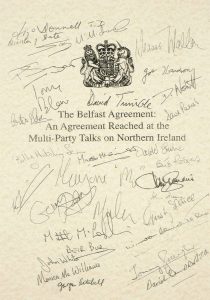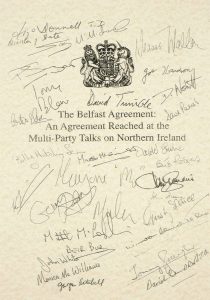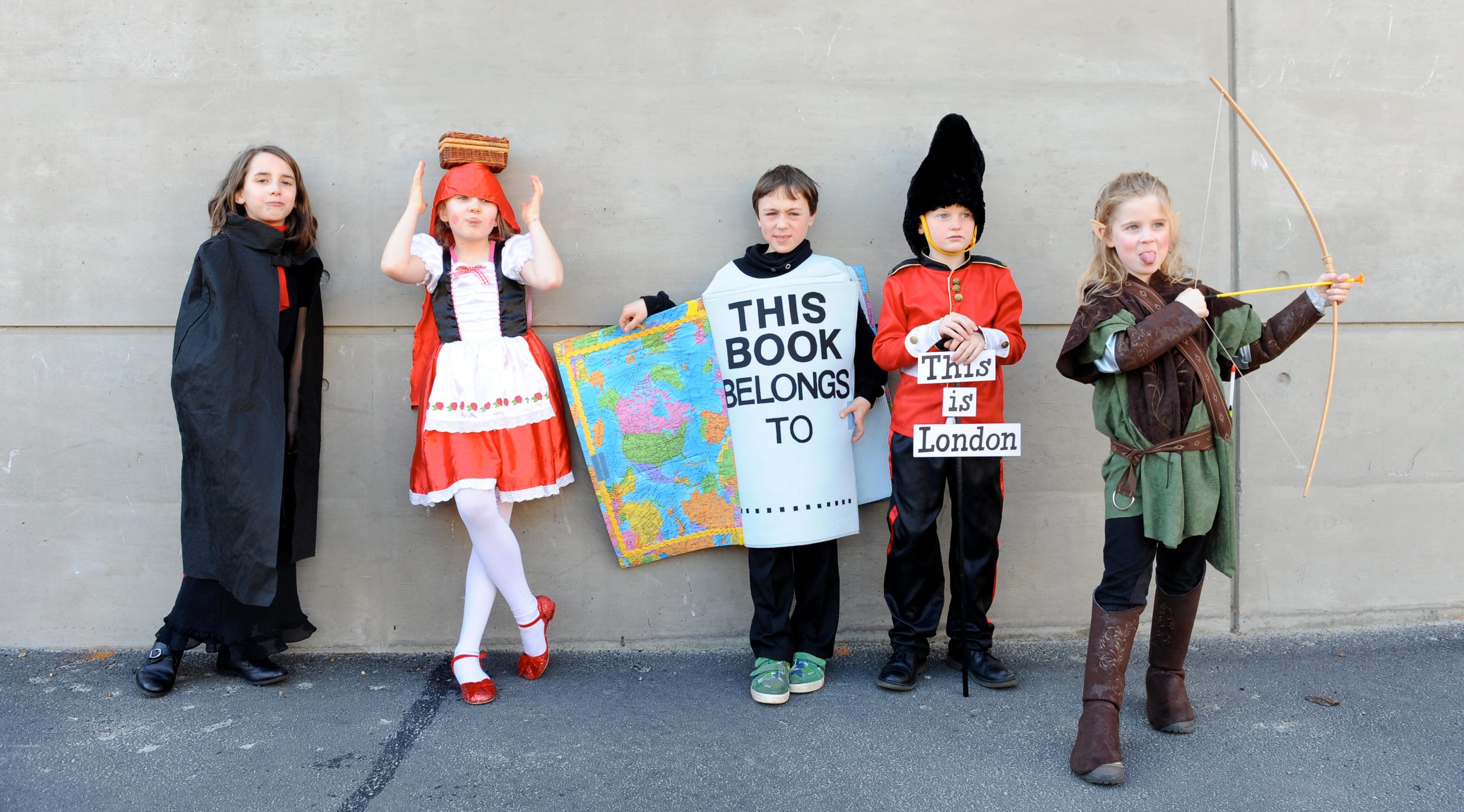
A copy of the Belfast Agreement signed by the main parties involved and organised by journalist Justine McCarthy of the Irish Independent newspaper. Photo: Whyte’s Auctions
Every day the professional staff at Index meet to discuss what’s going on in the world and the issues that we need to address. Where has been the latest crisis? What do we need to be aware of in a specific country? Where are elections imminent? Do we have a source or a journalist in country and, if not, who do we know? During these meetings we are confronted with some of the worst heartbreak happening in the world. Journalists being murdered, dissidents arrested, activists threatened and beaten, academics intimidated and while we know that we are helping them by providing a platform to tell their stories it can be soul destroying to be confronted by the actions of tyrants and dictators every day.
Which is why grabbing hold of good news stories helps keep us on track. The moments when we’ve helped dissidents get to safety, when a tyrant loses, when an artist or writer or academic manages to get their work to us. These are good days and should be cherished for what they are – because candidly they are far too rare.
It’s in this spirit that I’ve absorbed every news article, reflection and op-ed column discussing events in Northern Ireland 25 years ago. I was born in 1979, my family lived in London – the Troubles were a normal part of the news. As I grew up, the sectarian war in Northern Ireland seemed intractable, peace a dream that was impossible to achieve. But through the power of politics, of words, of negotiation, peace was delivered not just for the people of Northern Ireland but for everyone affected by the Troubles. That isn’t to say it was easy, or straightforward and that it doesn’t remain fragile, but it has proven to be miraculous and is something that we should both celebrate and cherish.
The Good Friday Agreement delivered the opportunity of hope for the people of Northern Ireland. It gave us a pathway to build trust between communities and allowed, for the first time in generations, people to think about a different kind of future. For someone who firmly believes in the power of language, who values the world of diplomacy and fights every day for the protection of our core human rights there is no single moment in British history which embodies those values more than what happened on 10 April 1998.
We can only but hope that other seemingly intractable disputes continue to see what happened in Belfast on that fateful day as inspiration to challenge their own status quo.






